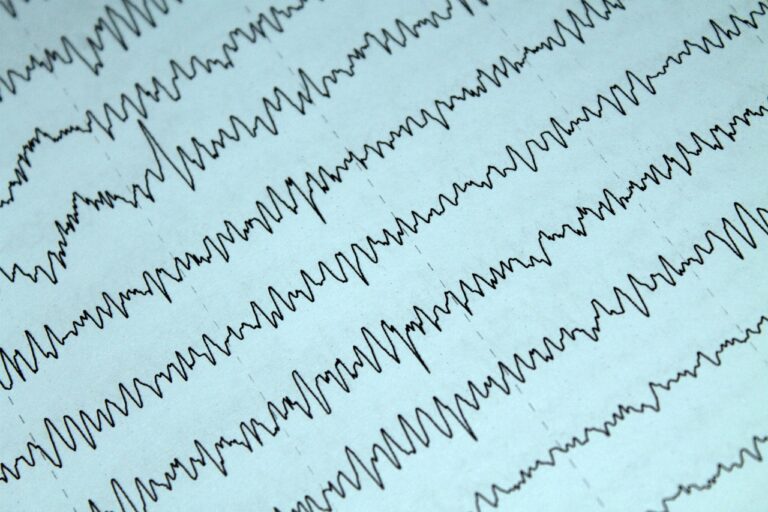The Psychological Impact of Facial Deformities: Coping Mechanisms: Cricbet99.win register, Sky 99 exch, Reddy book club
cricbet99.win register, sky 99 exch, reddy book club: Facial deformities can have a profound impact on an individuals psychological well-being. From birth defects to traumatic injuries, these conditions can affect a persons self-esteem, social interactions, and overall mental health. Coping mechanisms play a crucial role in helping individuals with facial deformities navigate the challenges they face on a daily basis.
1. **Understanding the Psychological Impact**: It’s essential to recognize the emotional turmoil that individuals with facial deformities may experience. Feelings of shame, embarrassment, and low self-worth are common.
2. **Seeking Support**: One of the most effective coping mechanisms is seeking support from friends, family, or mental health professionals. Having a strong support system can help individuals feel less isolated and more understood.
3. **Building Self-Confidence**: Engaging in activities that promote self-confidence, such as pursuing hobbies or participating in support groups, can help individuals with facial deformities feel empowered and capable.
4. **Acceptance and Self-Compassion**: Instead of fixating on their physical appearance, individuals can practice self-acceptance and self-compassion. Embracing their uniqueness can shift their focus from insecurities to self-love.
5. **Therapy and Counseling**: Therapy can provide valuable tools and resources for individuals coping with facial deformities. Counseling sessions can help individuals process their emotions, develop coping strategies, and build resilience.
6. **Educating Others**: Educating friends, family, and the broader community about facial deformities can help reduce stigma and foster a more inclusive and supportive environment for individuals facing these challenges.
7. **Setting Boundaries**: Setting boundaries with individuals who make hurtful or insensitive comments about their appearance is crucial. Establishing clear boundaries can protect individuals with facial deformities from further emotional harm.
8. **Positive Affirmations**: Practicing positive affirmations can help individuals counter negative thoughts and beliefs about themselves. Reminding themselves of their worth and inner beauty can cultivate a more positive self-image.
9. **Engaging in Self-Care**: Engaging in self-care activities, such as exercise, meditation, or mindfulness practices, can help individuals manage stress and maintain their mental well-being.
10. **Being Patient with Yourself**: Coping with facial deformities is a journey that requires patience and perseverance. It’s essential for individuals to be gentle with themselves and allow themselves time to heal and grow.
In conclusion, coping with facial deformities can be a challenging and complex process. By implementing these coping mechanisms and seeking support, individuals can navigate the psychological impact of their condition with resilience and grace.
**FAQs**
1. **Are facial deformities treatable?** – In many cases, facial deformities can be treated through surgery, therapy, or other medical interventions.
2. **Can therapy help with the emotional impact of facial deformities?** – Yes, therapy can provide valuable support and resources for individuals coping with the emotional challenges of facial deformities.
3. **How can I support a loved one with a facial deformity?** – Listening, offering empathy, and educating yourself about facial deformities are essential ways to support a loved one facing these challenges.







